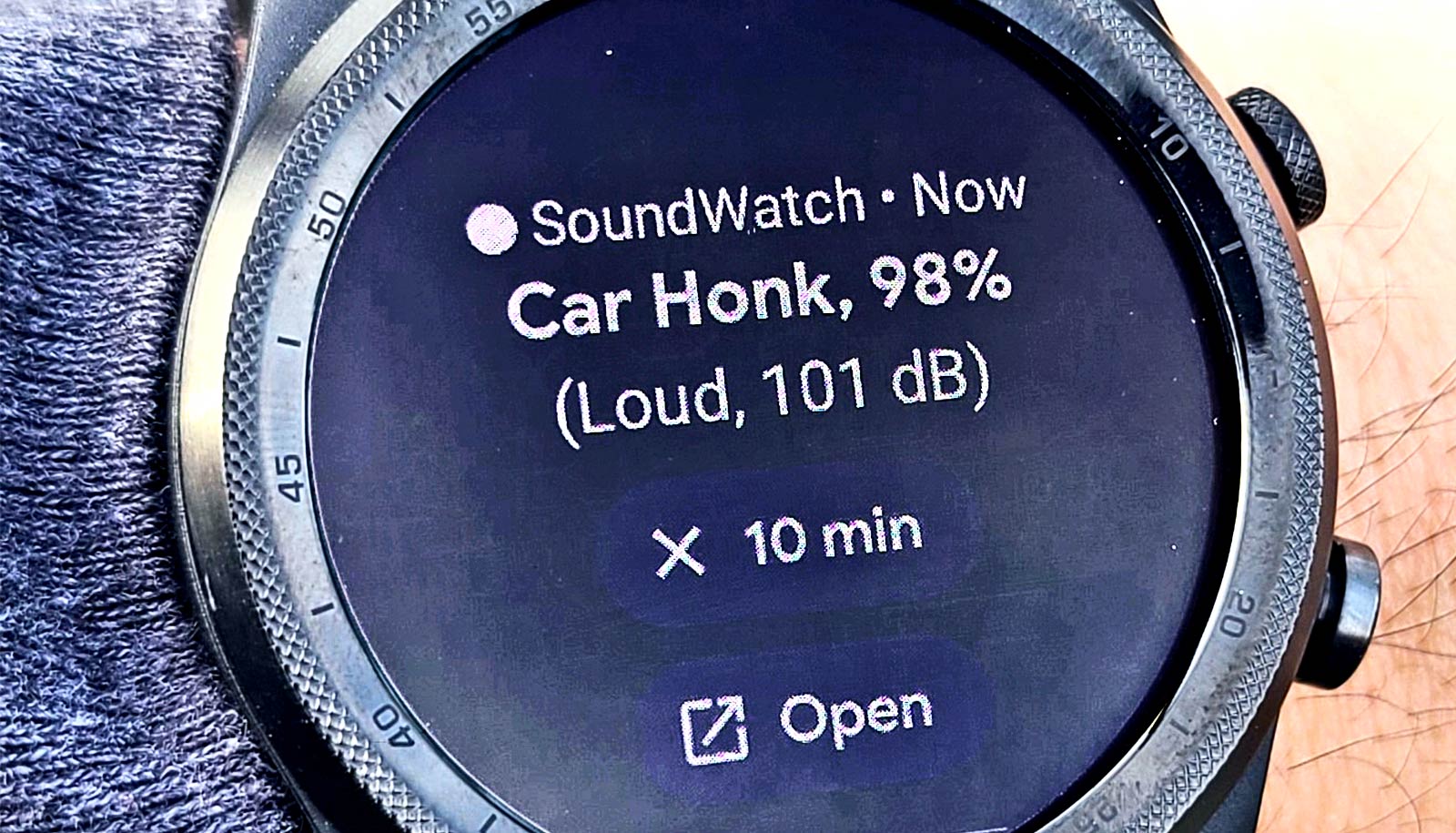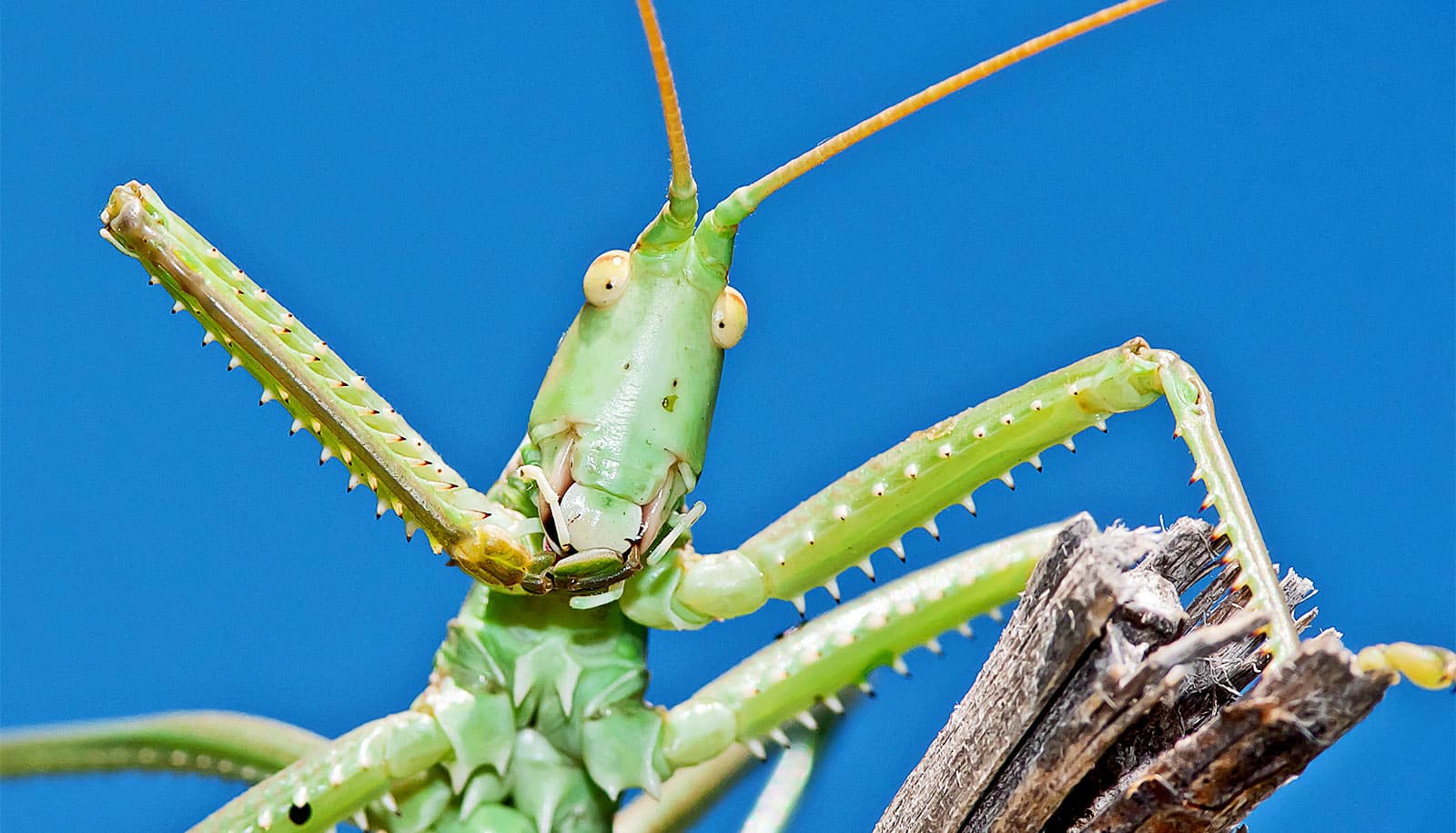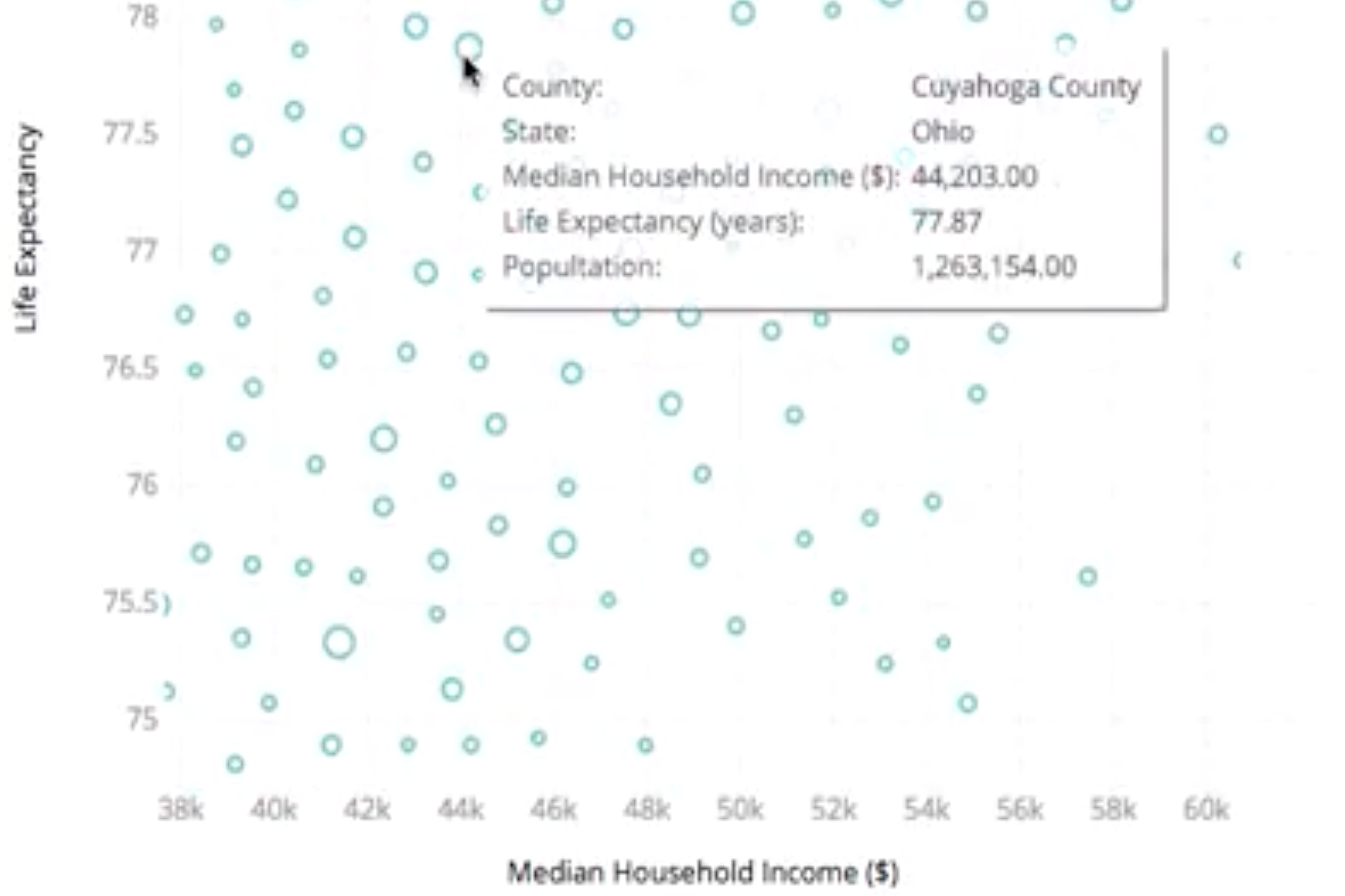What a link between chocolate and Nobel prizes reveals about our trust in scientists
Research shows how failing to engage the public can lead scientists' work to be inaccurately reported and interpreted.
Katrine Donois, PhD Candidate in Science Communication., Anglia Ruskin University •
conversation
Oct. 29, 2020 • ~8 min
Oct. 29, 2020 • ~8 min
Political leaders’ views on COVID-19 risk are highly infectious in a polarized nation – we see the same with climate change
Research and a recent campaign rally show how political leaders' rhetoric can shape risk perceptions among their loyal followers.
Wanyun Shao, Assistant Professor of Geography, University of Alabama
• conversation
Oct. 13, 2020 • ~7 min
Oct. 13, 2020 • ~7 min
Political leaders' attitudes toward COVID-19 risk are highly infectious in a polarized nation – just like climate change denial
Research and a recent campaign rally show how political leaders' rhetoric can shape risk perceptions among their loyal followers.
Wanyun Shao, Assistant Professor of Geography, University of Alabama
• conversation
Oct. 13, 2020 • ~7 min
Oct. 13, 2020 • ~7 min
Some bees are born curious while others are more single-minded – new research hints at how the hive picks which flowers to feast on
New research suggests individual bees are born with one of two learning styles – either curious or focused. Their genetic tendency has implications for how the hive works together.
Chelsea Cook, Assistant Professor in Biology, Marquette University •
conversation
Oct. 5, 2020 • ~7 min
Oct. 5, 2020 • ~7 min
Scientists don't share their findings for fun – they want their research to make a difference
A survey of over a thousand scientists reveals that their goal when communicating about their work is to help the rest of us make evidence-based decisions that draw on scientific findings.
John C. Besley, Ellis N. Brandt Professor of Public Relations, Michigan State University •
conversation
Sept. 21, 2020 • ~6 min
Sept. 21, 2020 • ~6 min
/
36








